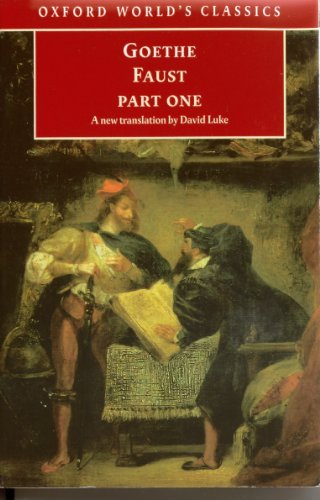In 2002, World of Books Group was founded on an ethos to do good, protect the planet and support charities by enabling more goods to be reused. Since then, we've grown into to a global company pioneering the circular economy. Today, we drive the circular economy through three re-commerce brands:
- Wob: Through Wob, we sell. We provide affordable, preloved books and media to customers all over the world. A book leaves our collection of over seven million titles and begins a new chapter every two seconds, enabling more goods to be reused.
- Ziffit: Through Ziffit, we buy. We give people around the world the opportunity to contribute to the circular economy, earn money and protect the planet, by trading their unwanted books and media.
- Shopiago: Through Shopiago, we help others. By sharing the technology that has grown World of Books Group into the business it is today, we?re helping charities increase revenue and reduce waste through re-commerce.
Zur Homepage des Verkäufers
Unternehmensdaten des Verkäufers
World of Books Ltd
Mulberry House, Woods Way Trading Estate, Goring-By-Sea, BN12 4QY, United Kingdom
Geschäftsbedingungen und Versandinformationen
Verkaufsbedingungen
WorldofBooks.com fully embraces the AbeBooks terms and conditions and we will do
what we can to resolve any issues.
Widerrufsbelehrung
Versandbedingungen
Orders ship within 2 business days. Shipping costs are based on books weighing 2.2 LB, or 1 KG. If your book order is heavy or oversized, we may contact you to let you know extra shipping is required.
Versandkosten von Vereinigtes Königreich nach Deutschland
Versandkosten von Vereinigtes Königreich nach Deutschland
| Bestellmenge |
4 bis 6 Werktage |
3 bis 6 Werktage |
| Erster Artikel |
EUR 4.05 |
EUR 6.94 |
Die Versandzeiten werden von den Verkäuferinnen und Verkäufern festgelegt. Sie variieren je nach Versanddienstleister und Standort. Sendungen, die den Zoll passieren, können Verzögerungen unterliegen. Eventuell anfallende Abgaben oder Gebühren sind von der Käuferin bzw. dem Käufer zu tragen. Die Verkäuferin bzw. der Verkäufer kann Sie bezüglich zusätzlicher Versandkosten kontaktieren, um einen möglichen Anstieg der Versandkosten für Ihre Artikel auszugleichen.
